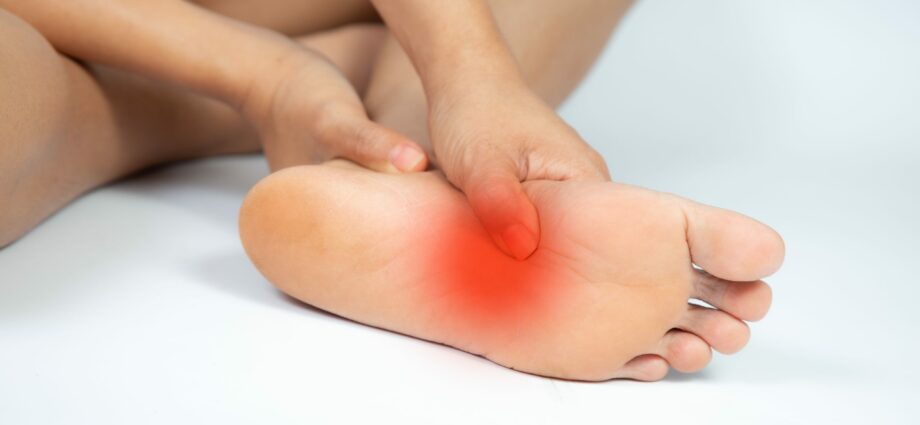Mataupu
Prevention of plantar fasciitis (Lenoir’s thorn)
Fua faʻavae puipuia |
The following tips will help prevent the appearance of Plantar Fasciitis ma lona faʻasologa, faa;pei foi onatuitui i Lenoir which may be associated with it.
Be careful about sports practice. In addition to having adequate shoes, it is important to take into account the following recommendations:
|










